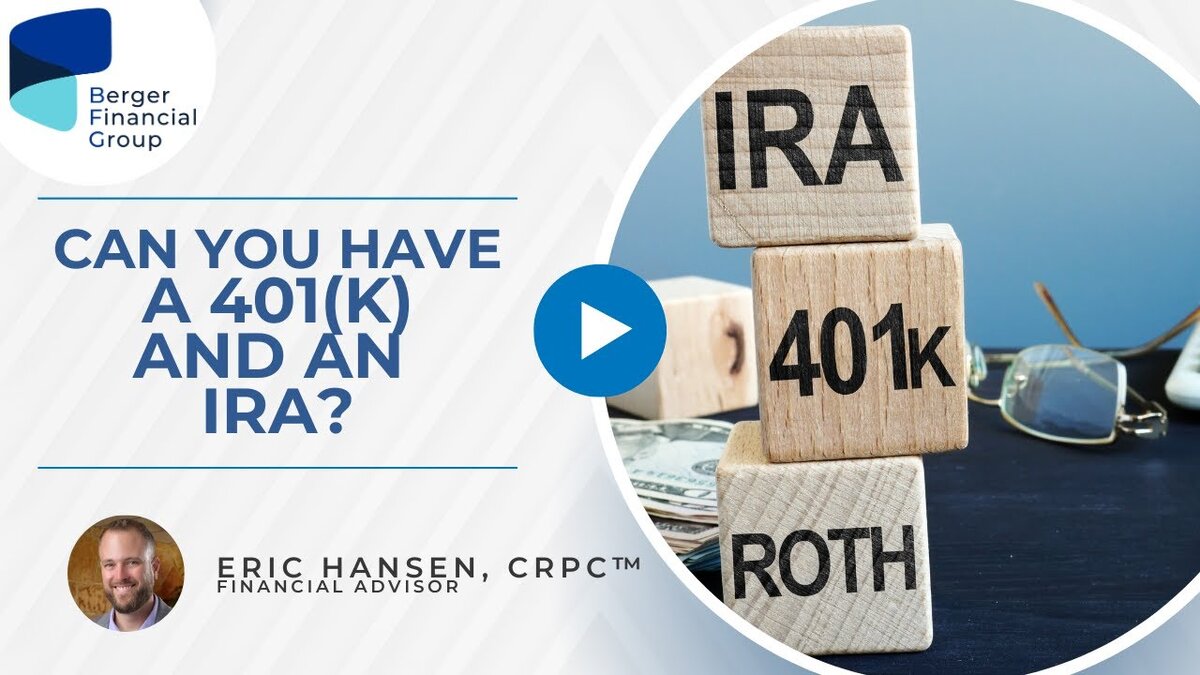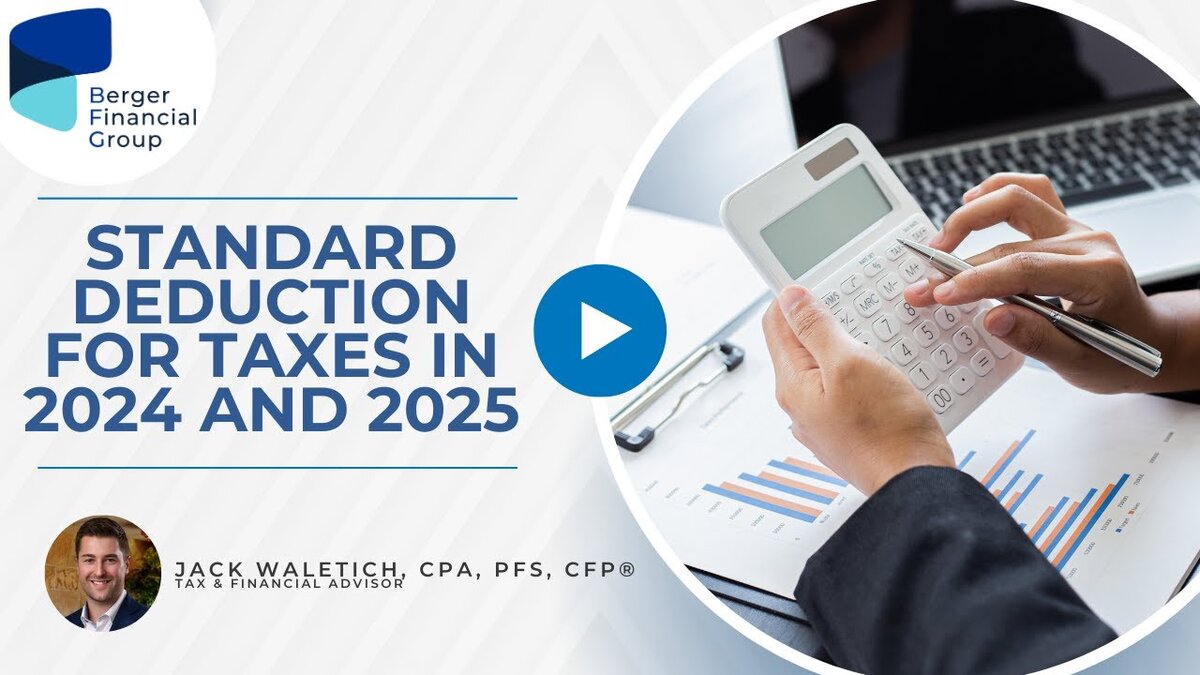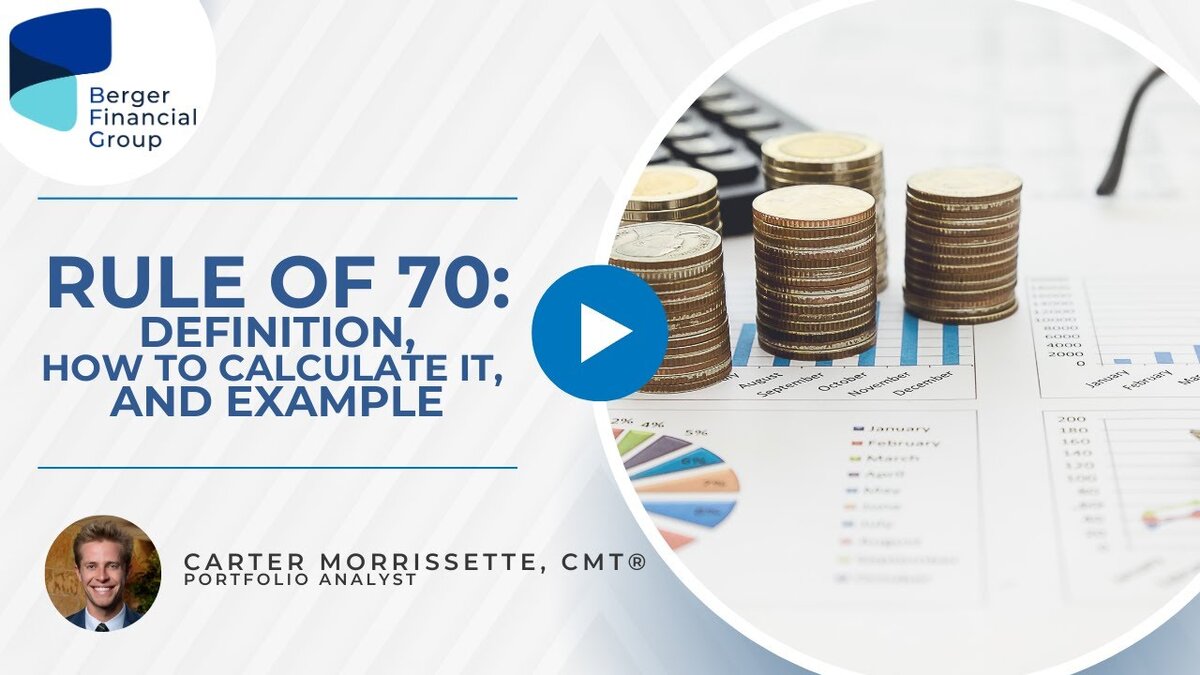The 401(k) plan stands as a pillar of retirement savings in the United States, offering workers a way to set aside a portion of their income for their later years. However, the rules surrounding withdrawals from these accounts are strict and often misunderstood. It’s essential to understand these rules to avoid unnecessary financial penalties.
The Standard Withdrawal Age and Its Implications
Age Matters: When Can You Withdraw Without Penalty?
The age at which you can start making withdrawals from your 401(k) without incurring penalties is 59 and a half. This rule is set to encourage long-term saving for retirement. When you withdraw after reaching this age, you will owe income tax on the amount withdrawn, as these contributions are typically made pre-tax.
The Cost of Early Withdrawals
Understanding the Early Withdrawal Penalty
Withdrawing funds from your 401(k) before reaching the age of 59 and a half comes with significant financial implications. In addition to the regular income tax on the withdrawal amount, you will face an additional 10% penalty. This extra charge makes early withdrawals from a 401(k) a costly decision, and it should be considered only in dire financial situations.
Exceptions to the Early Withdrawal Rule
Despite the strict rules, there are some exceptions that allow for penalty-free early withdrawals. These include cases where the account holder passes away, which is not considered a distribution. Another common exception is rolling over your 401(k) into another qualified retirement account or an Individual Retirement Account (IRA). This rollover is not treated as a distribution, thereby avoiding penalties.
Navigating the Nuances of Early Distributions
When Early Withdrawal Might Be an Option
Although early withdrawals are typically penalized, there are nuanced exceptions to this rule. For instance, certain financial hardships or medical emergencies might qualify for an exception. However, these exceptions are specific and limited, emphasizing the need for thorough understanding before making such a decision.
Familiarize Yourself with the Rules
Before considering an early distribution from your 401(k), it’s crucial to familiarize yourself with the specific rules and exceptions that apply. Seeking guidance from a financial advisor or consulting the plan administrator can provide clarity on these complex regulations.
The Long-Term Impact of Early 401(k) Withdrawals
Considering the Future Consequences
Opting for an early withdrawal from your 401(k) can have long-term repercussions on your retirement savings. The immediate financial penalties are only one aspect; you also lose out on potential future earnings from the withdrawn amount. This could significantly impact your financial security during retirement years.
Weighing Your Options Carefully
When facing financial challenges, it might be tempting to tap into your 401(k). However, considering other options like personal loans or cutting expenses can preserve your retirement savings. Early withdrawals should be a last resort due to their costly nature and the impact on your future financial stability.
Conclusion

Navigating the complexities of 401(k) withdrawals requires a clear understanding of the rules and potential penalties. Early withdrawals can be costly and detrimental to long-term retirement planning. Always consider seeking professional advice and thoroughly understanding the implications before making such a significant financial decision. By doing so, you can ensure that your retirement savings remain intact and continue to grow for your future needs. For further guidance, feel free to contact Berger Financial Group today for personalized advice and support.






